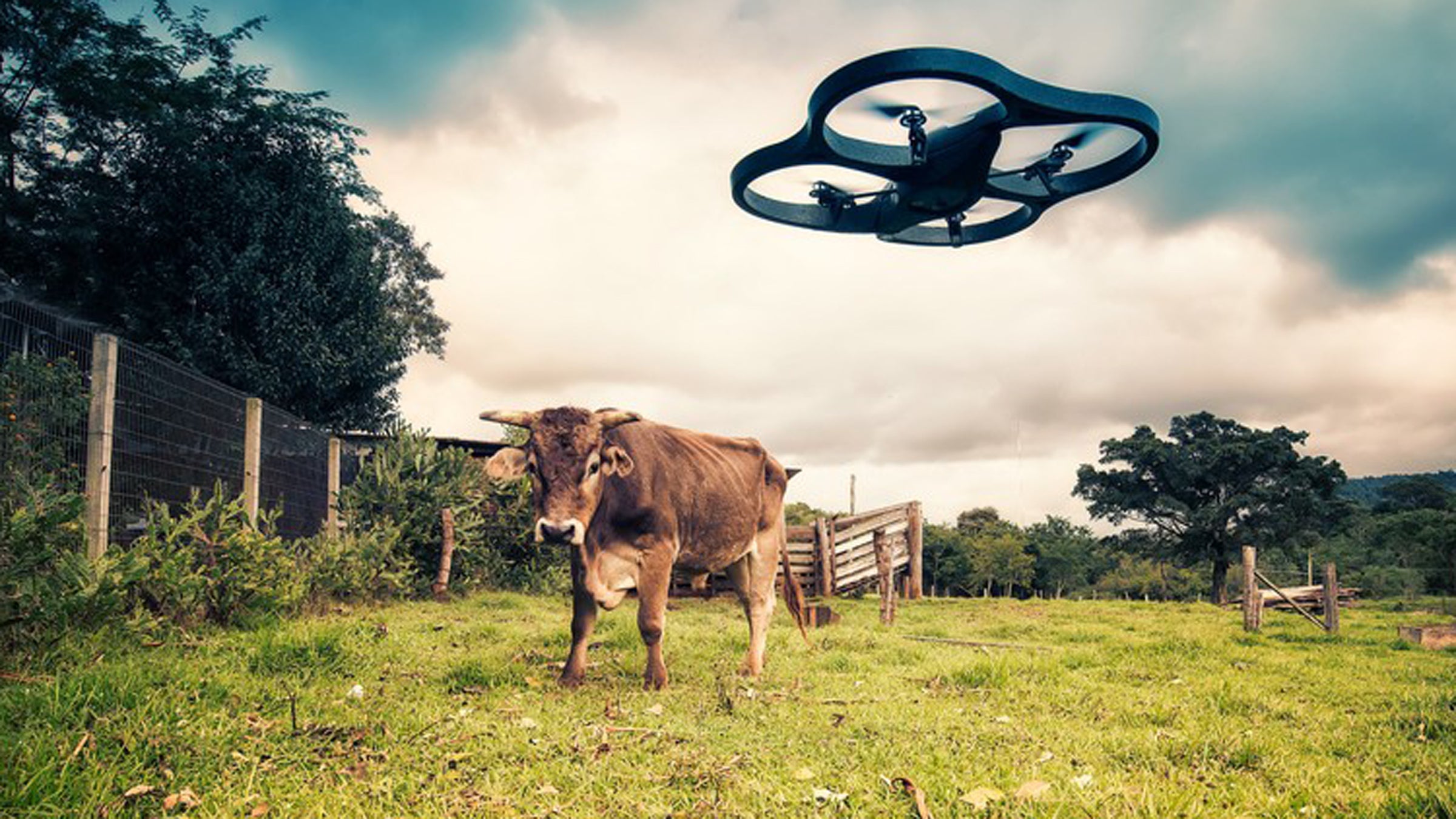The Federal Aviation Agency may finalize its highly anticipated rules for commercial drones by the end of the year, . Among those rules: a requirement that all drone operators obtain pilot certification, a process that demands dozens of hours in a cockpit. Rules would apply to drones weighing less than 55 pounds and limit flights to daytime hours and an altitude of 400 feet.
People “familiar with the matter” told the WSJ that the rules may be more restrictive than what drone enthusiasts have expected over the past six years, though recent news hinted that national regulators would take a tough stance on the pilotless aircraft. Last week, the U.S. National Transportation Safety Board to police civilian drones. , the NTSB clearly set out a very broad definition of “aircraft” that also put drone supporters on edge: “An ‘aircraft’ is any device used for flight in the air.”
This comes as bad news for those who argue that the FAA should create more lenient rules for smaller drones. WSJ sources point out that the rules would not properly address privacy concerns. Such sweeping applications may also hamper drone operations that do more good than harm—like those used by.


